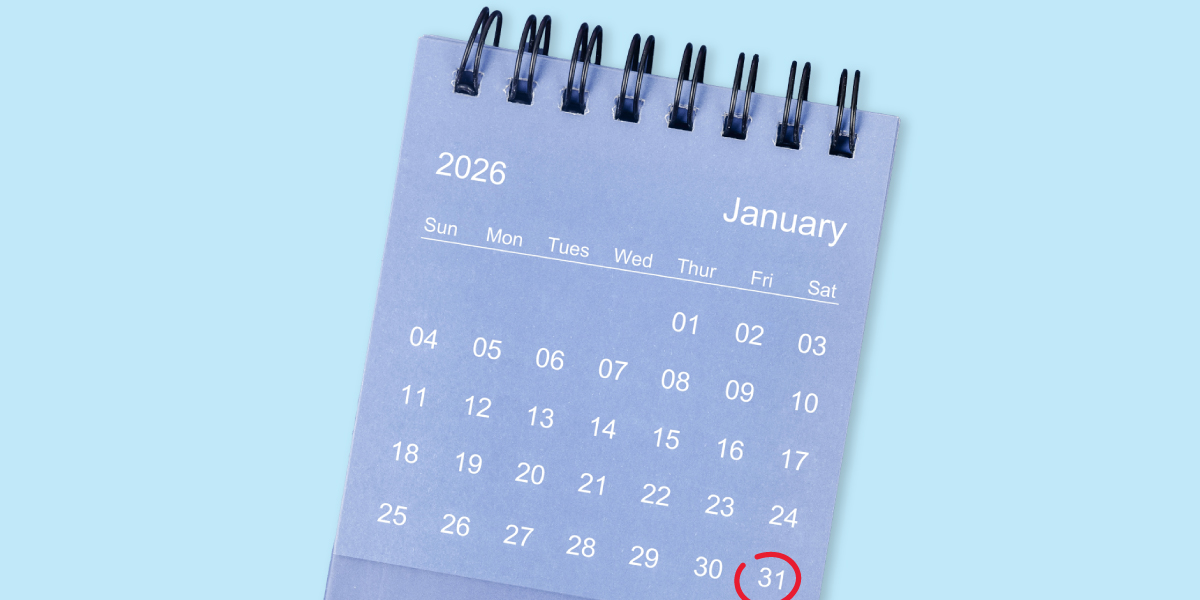
MEMBER EXCLUSIVE
Members can use GoSimpleTax to file to HMRC at a great price and avoid costly accountant fees.
Get startedBy clicking a retailer link you consent to third-party cookies that track your onward journey. This enables W? to receive an affiliate commission if you make a purchase, which supports our mission to be the UK's consumer champion.

In this article
If you're self-employed you'll be charged tax based on the amount of profit you've made in a tax year, but there are a number of expenses you can claim that will lower your tax bill.
HMRC allows you to deduct the costs of certain purchases that are necessary to run your business. These costs can be deducted from your profit and, by doing so, will reduce the amount of tax you'll owe.
In general, unless something you buy for your business is a capital asset – such as a computer or machinery (which you claim for under different rules) – you can deduct its full cost when working out your taxable profits.
You get immediate tax relief for the full amount.

Members can use GoSimpleTax to file to HMRC at a great price and avoid costly accountant fees.
Get startedKnowing what you're allowed to claim can be complicated - especially as self-employed work can vary significantly from person to person.
See our lists to work out your tax-allowable expenses.
You can claim:
You cannot claim:
You can claim a proportion of the costs for:
But you won't be able to write off all of your bills. The figures you submit should be based on the floor area or the number of rooms used for business, and the proportion of time the space is used for working.
Say you work from home during weekdays, and only work from your home office.
If your home has a total surface area of 500 square meters, and your home office has a surface area of 50 square meters, then you work from 10% of the overall area.
If you work for five days, this means you use the space for business purposes for 71% of the 7-day week.
This means, on a £150 a month electricity bill, you can claim £15 of that as allowable expenses. Assuming that 10% of this bill was used to power/heat your home office.
When working five out of seven days, you could claim 71% of that £15.
This would provide you with a £10.65 tax relief on your monthly bill.
Bear in mind that if you start working from home, you might need to change your home insurance cover.
If you work for 25 hours or more a month from home, you may be able to use HMRC's simplified expenses system.
You can claim:
If you use the car privately, you can only claim a proportion of the costs equal to how much the car is used for business purposes. This is usually the ratio of your business mileage to your total mileage. It's worth keeping a log of business mileage for a representative period, as well as all bills.
You can't claim:
You can claim:
You can't claim:
HMRC distinguishes between people who work under a 'contract of service' – those employed by a company – and the self-employed, who work under a 'contract for services.'
It uses some standard questions to decide which you are. If you can answer 'Yes' to all or most of the following, you will usually be accepted as being self-employed:
Use the jargon-free calculator provided by GoSimpleTax to complete and securely submit your tax return direct to HMRC.
Calculate your tax bill